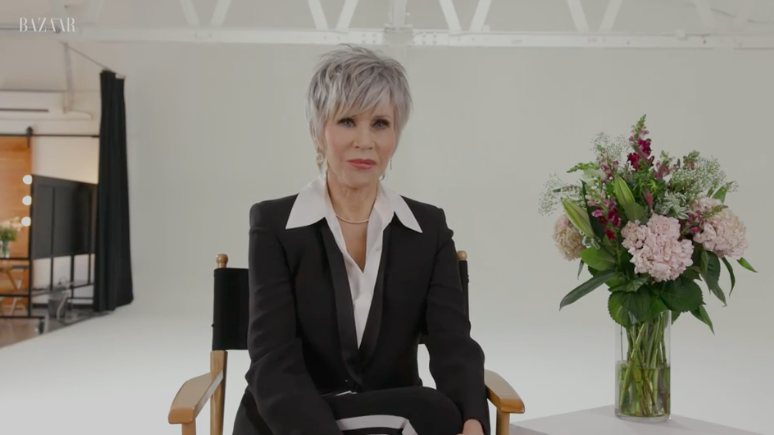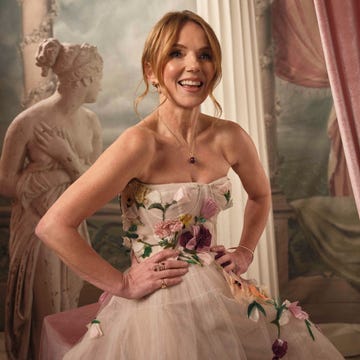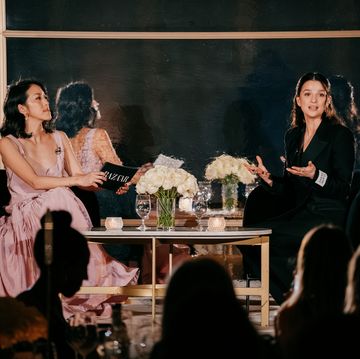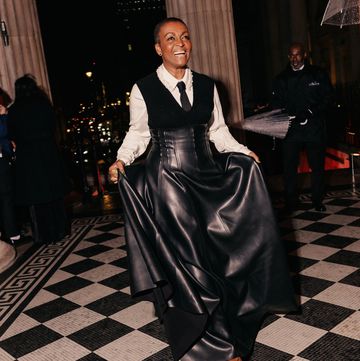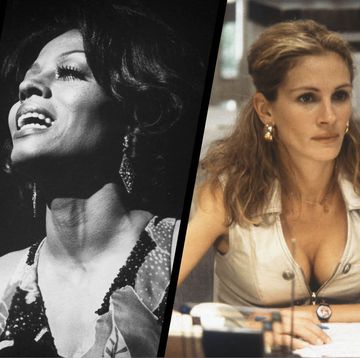Sabina Belli is in the minority. As the CEO of the luxury jewellery brand Pomellato, she is among only six per cent of female chief executives worldwide. She is well aware of this fact.
“When I got the job, I never for one second connected the importance of my becoming CEO with me being a woman,” she admits to me, of her appointment in 2015. “I was given this job because I was the person that would do the job best. And yet suddenly everyone was asking me all these questions about my being a woman – there was so much attention on me.
“Frankly, I was not very much at ease with this idea that I should stand up for women and speak on behalf of women,” she continues. “But then I realised that I had to listen to those voices and to respect what was behind them, which is to say that still today, nearly 95% of CEOs are men.” She pauses and says: “That 95% of men still don't really understand how tough it is to be a woman.”
It is funny to think that Belli initially didn't feel as though she needed to stand up for women, when she has made this such a salient part of her role at Pomellato. In 2017, she launched the Pomellato for Women campaign which has, each year, enlisted famous faces such as Jane Fonda and Amina Seck to raise awareness for a plethora of issues, from domestic violence to the everyday curbs on female liberty. It even brings in high-profile men to speak up, like Fabio Roia, president of the Court of Milan, who has dedicated much of his professional life to prosecuting cases of domestic violence.
“To my mind, there are three main issues I think we focus on with our campaign,” Belli explains. “There is the ultimate horror of physical violence and sexual violence against women, there is psychological violence, and there is also economical violence, meaning that you end up caught in a prison where the domination of the partner is so strong that it risks your own life.”
The former, Belli admirably – and rightly – calls a ‘men’s issue’ that must be addressed, but she is particularly passionate about the latter: the importance of fiscal independence for women – something she feels is often criminally overlooked.
“People do not consider this enough, but it is very dramatic,” she says. “Did you know that in Italy alone, only 46% of women have one individual bank account with a credit card in their names, which means that almost 60% receive wages from their partner and are controlled on their spendings?” She becomes extremely energised about the matter, stressing that young women must take control of their finances and not buy into a ‘Prince Charming’ narrative. She jokingly says that her once piece of advice would be to ‘never let a man buy your underwear’.
Yet beyond her great sense of humour is a very serious point. “To be looked after financially by a man can be very dangerous – it is not heaven,” she says. “This is especially so if women become the ones who give up work to look after the family. There must be equity in the money there somewhere.”
Beyond the campaign, Belli sets out to be a mentor to other women in her industry. She is extremely cognisant of history not repeating it itself – of future generations never having to go through what she and her contemporaries went through. “I work with a lot of you younger women,” she says. “I want them to have a better experience than I did.”
She recalls: “We were sitting in meetings where these men were yelling and screaming and humiliating us and treating us like nothing – and no one was rebellious about this, because it was part of the deal. I would see people I crying and having the most miserable time because they've been offended or put under such pressure, but no one was really questioning it because it was the way it was.”
Belli is proud of the strides that have been made and, moreover, the attitudinal shift in women themselves. “Back then, we all just accepted that the world belonged to men. I had never heard of a woman CEO,” she says. “I look back at some of the horrible conversations I was in... Now I would stand up and say something. I’m so proud of young women today, because they know they have the absolute right to stand up and say: ‘Sorry, I cannot take this, and I shouldn’t have to’. It really is a major achievement.”

